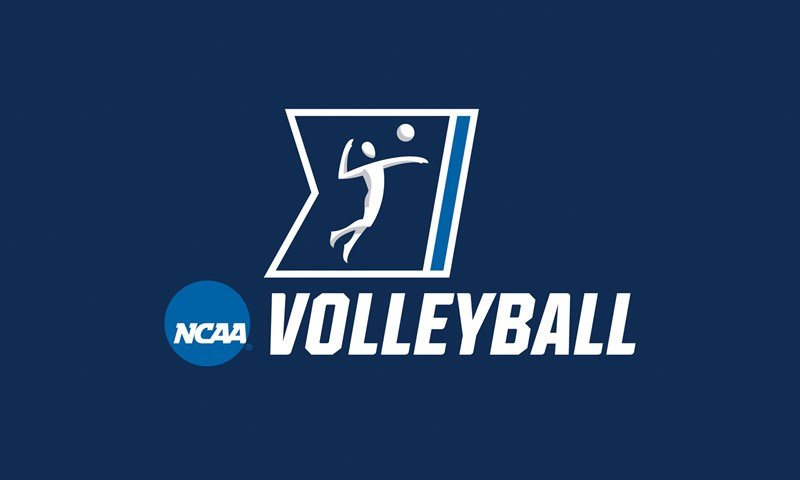Subject: [Player name] C/o [graduation year]
Dear Coach [Last Name],
I hope this email finds you well. My name is [Your Full Name], and I am a [grade level] volleyball player from [Your High School Name]. I am reaching out to express my strong interest in becoming a part of the exceptional [College/University Name] Volleyball program and to inquire about the recruitment process.
Throughout my high school journey, I have maintained a strong academic record while dedicating myself to the sport of volleyball. My experience on both high school and club teams has honed my skills and deepened my passion for the game.
I am genuinely impressed by the achievements of the [College/University Name] Volleyball program and its commitment to excellence, teamwork, and growth. These core values resonate with me on a personal level, and I am excited about the opportunity to contribute to your team's success.
I have attached my volleyball resume, which outlines my playing positions, achievements, awards, and key statistics. To further illustrate my abilities, I invite you to view my highlight video showcasing my skills on the court. You can access the video at [Insert Link to Highlight Video].
In addition to my resume, I am more than willing to provide transcripts, test scores, and references to support my application to [College/University Name].
I am eager to learn more about the [College/University Name] Volleyball program, its recruitment process, and any specific requirements. If possible, I would greatly appreciate the opportunity to visit the campus, meet with you, and discuss how my strengths align with the team's goals.
Thank you for considering my application. I look forward to the potential of joining the [College/University Name] Volleyball program and contributing to its legacy of success.
Sincerely,
[Your Full Name]
[Your Phone Number]
[Your Email Address]
Attachment: [YourFullName]_VolleyballResume.pdf
Highlight Video: [Insert Link to Highlight Video]
Customize the email by adding your personal details, including your name, high school name, volleyball accomplishments, and any other relevant information. Make sure to provide an accurate and accessible link to your highlight video. Research the college's volleyball program to ensure your email demonstrates a genuine understanding of their values and accomplishments.










